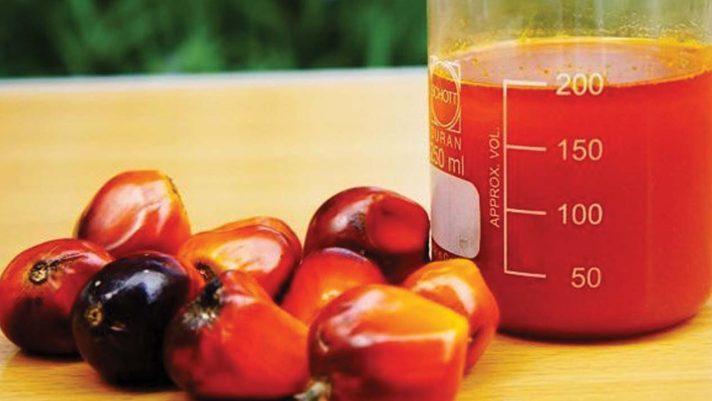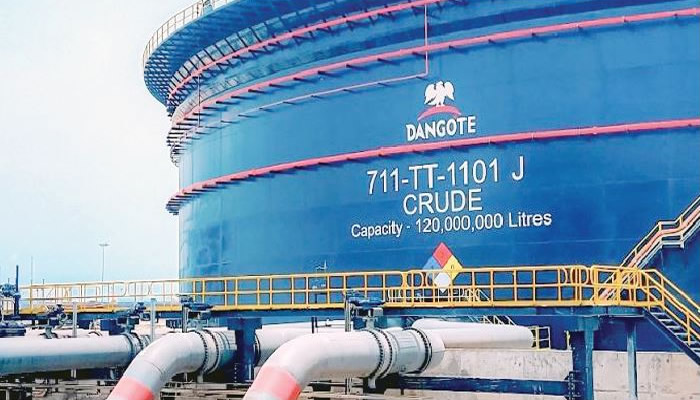
Keep up with the latest news and be part of our weekly giveaways and airtime sharing; follow our WhatsApp channel for more updates. Click to Follow us
The Nigerian government has identified manufacturing, agriculture, and technology as key sectors to focus on, with a particular emphasis on boosting local production for export to increase non-oil export values. One area of focus is the palm oil value chain, which has the potential to generate significant revenue.
According to industry experts, the demand-supply gap in the palm oil sector has created opportunities for investors. Currently, Nigeria spends around $690 million annually on importing palm oil and palm kernel oil for commercial and industrial purposes.
“The huge cost calls for an urgent need to boost the local production of palm produce,” said an industry insider. “By investing in palm oil production, we can reduce our reliance on imports and generate significant revenue for the country.”
The proposed project involves setting up a palm oil processing plant, which would produce a range of products, including refined palm oil, crude palm oil, refined palm kernel oil, crude palm kernel oil, palm kernel cake for animal feed production, palm kernel sludge, and crushed palm kernel shell for biofuel.
“The plants and machinery for setting up this project are locally available,” said the insider. “Our available local technology will give you any quantity, quality, and efficiency you require to produce and package for exports with internationally acceptable standards.
In terms of marketing strategies, the products can be sold to industries, including cosmetics, food, animal feed, soap manufacturing, confectioneries, and biodiesel. Export opportunities also exist across West Africa, Africa, and European countries.
The financial implications of the project depend on the capacity and location of the proposed plant. However, funding options are available from recommended financial institutions within and outside Nigeria.
According to investment analysis, the proposed project is highly lucrative, with a return on investment of between 87 and 180 percent and a payback period of one to three years of operations.
“This is a fantastic opportunity for investors to get involved in a project that has the potential to generate significant revenue and create jobs,” said the insider. “We urge investors to take advantage of this opportunity and invest in the palm oil sector.
Please don’t forget to “allow the notification” so you will be the first to get our gist when we publish it.
Drop your comment in the section below, and don’t forget to share the post.







